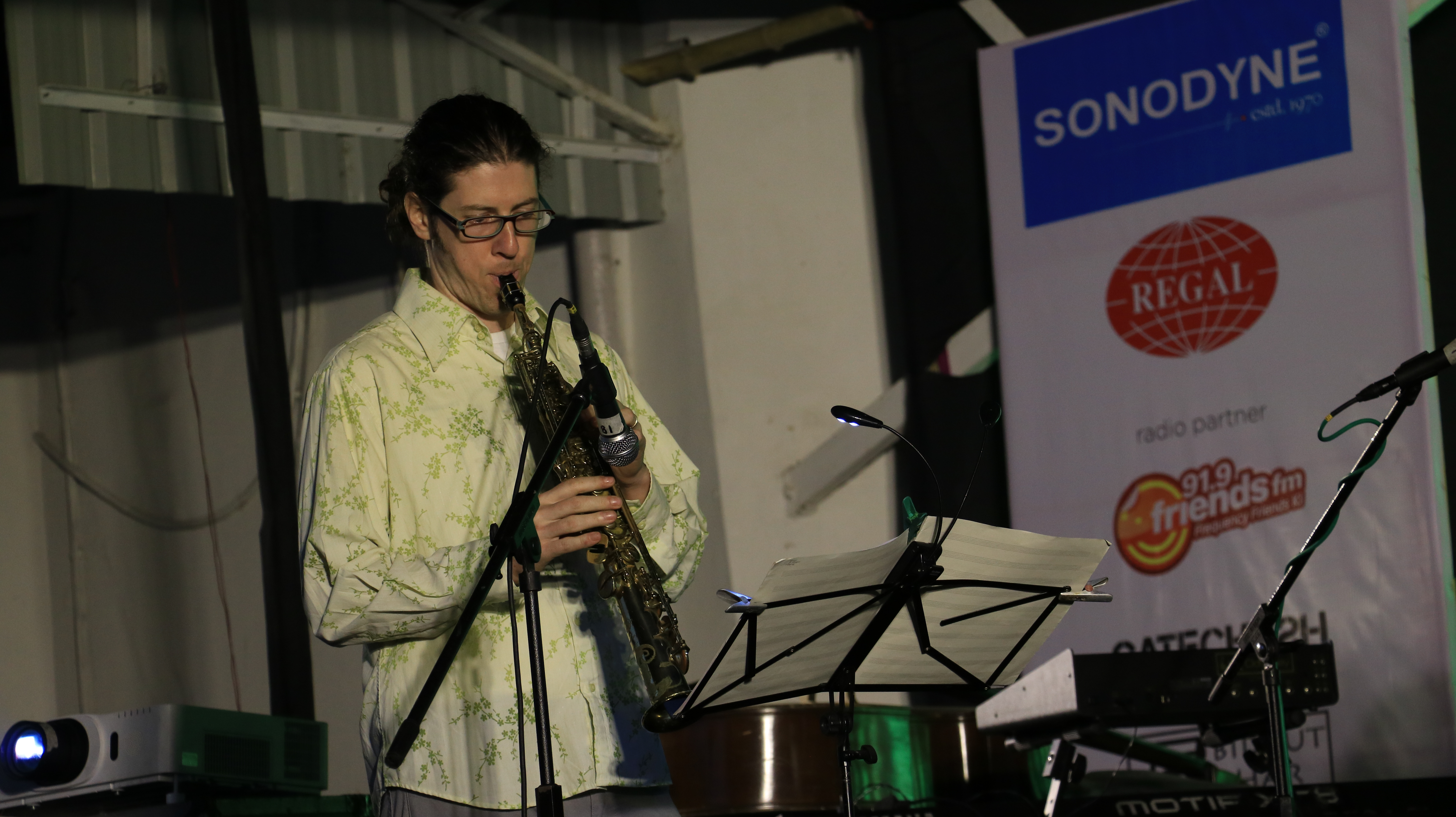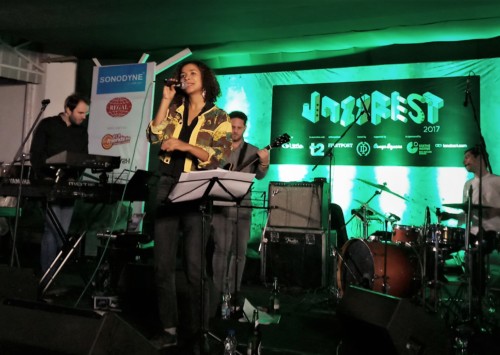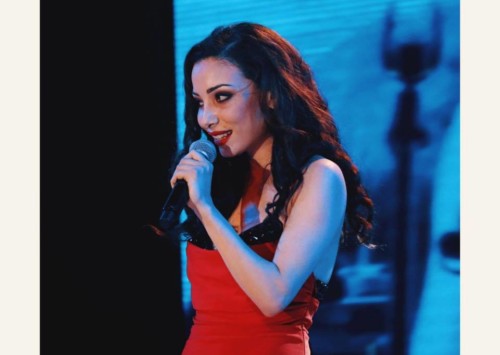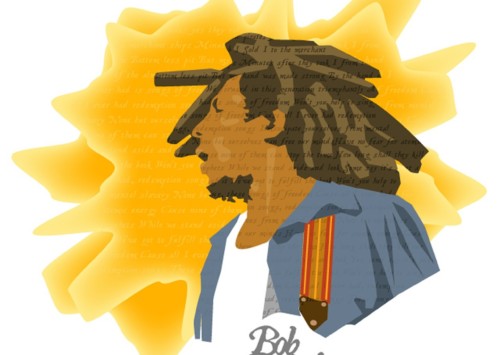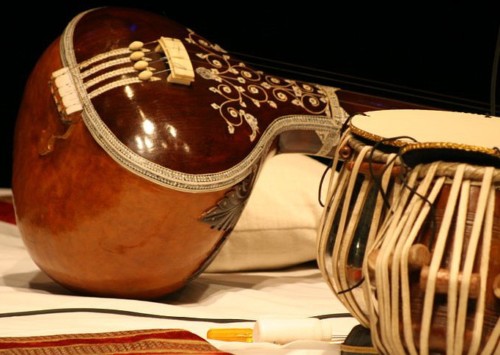Jonathan Kay: An interview with the jazz prodigy
Music is to the soul what food is to the body.
Jonathan Kay is an instrumentalist from Toronto, Canada who specialises in creative jazz and Indian classical music. He has performed globally and has several albums to his kitty – Solo North Indian Classical Music (2017), Experiments of Truth Suite (2017), The White Lamas (2017), Monsoon Trio (2015) and Monsoon Mandala (2014) among others.
Jonathan aims to explore and dwell in the eastern traditional art and culture while combining it with his contemporary and post-modern musical stance to come up with a new form of musical expression.
Here is an excerpt from a conversation with the maestro:
How strong are your Indian musical roots as a Canadian musician?
I have been in Kolkata for the last 10 years learning classical music. I started playing jazz when I was in grade school and it was the saxophone. I came to India, 10 years ago with hopes to learn about Indian classical music, thinking that it would help influence and I finally came up with a creative jazz. I would compose and create original pieces influenced by Indian ragas and rhythms. Then I returned to India (Calcutta) again, to pursue this seriously and learn from my guru, Pandit Shantanu Bhattacharya, who is a singer.
I fell in love with the culture; I fell in love with living here and the music obviously. I have been here ever since, learning seriously in the guru sishya parampara (the gurukul system of learning in India followed in the ancient days wherein a master would bestow knowledge to a chosen disciple), the north Indian classical music and apply it to the saxophone. So, I am one of the first people to have done that as the main subject.
I have also learnt to play the Esraj and had given my first ever solo Esraj recital for Toronto’s Raagmala organisation.
What attracted you to ‘jazz’ amongst others genres?
When I was very young, I used to listen to different genres of music and then I took interest in jazz. I believe jazz is the perfect type of music for the saxophone. I was learning the saxophone and was listening to some of the classic recordings and fell in love with the tradition. I love the expressiveness of it, I love the interaction, the idea that is there in the moment, it’s very spontaneous and that appealed a lot to me about jazz.
I especially love performing in Calcutta. I have performed here before playing jazz in the clubs and classical fusion with my saxophone. I have been attending the Kolkata Jazz Festival for several years now and have been playing here since 2016.
Have you noticed any cultural bridge in terms of receptivity to music between Canada and India?
Talking about cultural differences and thus receptivity to jazz music between Kolkata and Canada or Europe, there is star difference, as people in India are more used to a certain type or genre of music. I play music which is in the more modern type of jazz which most people here have not been exposed to; even though they might have heard the records, seeing and hearing it live is a different ball-game altogether. So, wherever you are, there is a difference in the palette of listeners. But I find people in India are very open to music, especially in Bengal where music is a huge part of the culture. So, when it comes to traditional or non-traditional music, people have a lot of love and passion for it.
What is the core philosophy behind your creations?
As I have maintained in my blog, I believe in seeking spirituality through music, which I believe has the power to transcend beyond worldly boundaries. I am a creative improviser and the philosophy behind my music, I would say, is to look beyond the limited surface creations of the mind and intellect by cultivating a meditative silent receptive poise, leading to a higher intuitive and creative consciousness. I am a traditionally trained Classical Indian musician, who is in search of freedom within the form which leads to the mystical realms of the Ragas consciousness.


